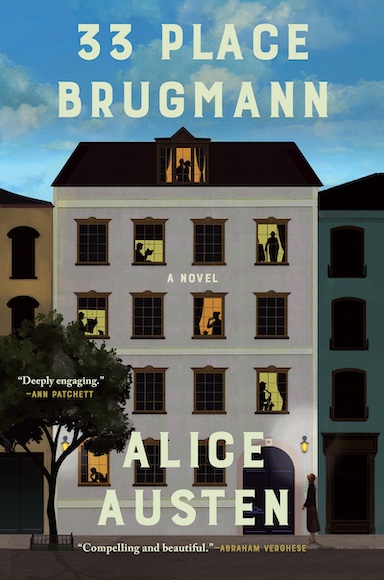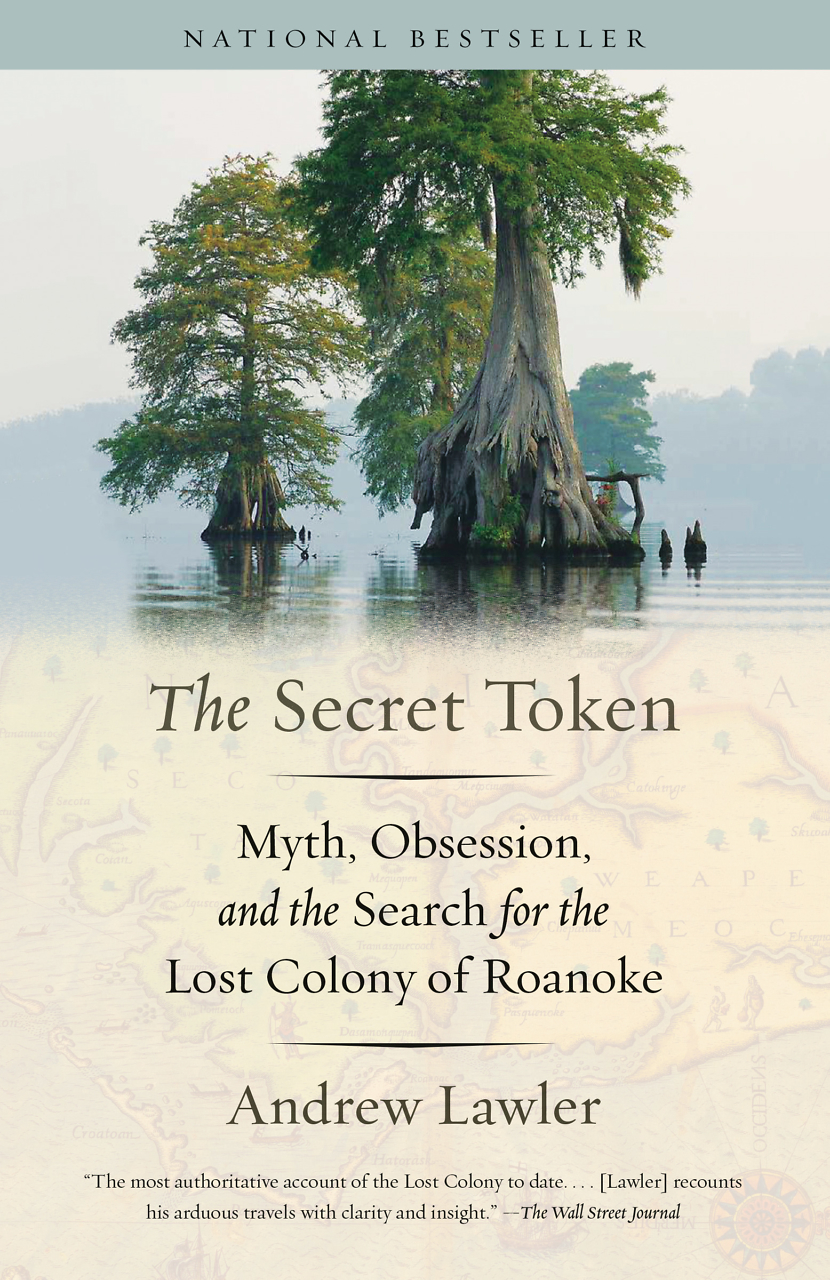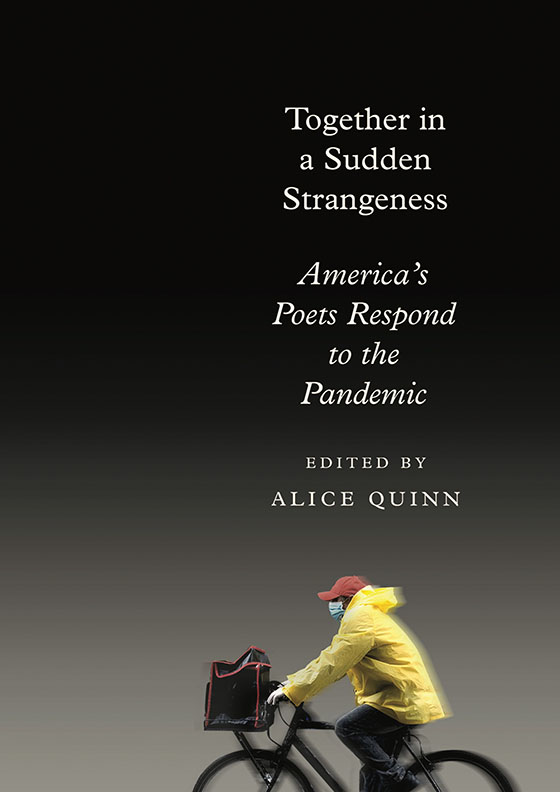A Different Kind of Promise
How Dolly Parton saved one woman’s life
FROM THE CHAPTER 16 ARCHIVE: This review originally appeared on January 10, 2023. It has been updated with publication details for the paperback edition.
***
At first blush, Lynn Melnick might not seem like someone whose life story would have anything to do with Dolly Parton or her music. The author of I’ve Had to Think Up a Way to Survive: On Trauma, Persistence, and Dolly Parton grew up in Los Angeles listening to Joan Baez, Bob Dylan, and other folk artists her blue-state Jewish parents loved. The author of three collections of poetry, she now lives in Brooklyn.
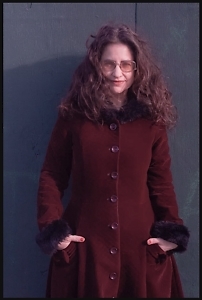 But in 1988, when Melnick was 14 and waiting to be admitted to a drug rehabilitation program in LA, she happened to hear Parton and Kenny Rogers singing their 1983 hit “Islands in the Stream” over the radio. Raped at age 10, Melnick didn’t have much faith in the hopeful future that those around her promised was hers if she’d just get off drugs and clean up her act. “But Dolly’s voice from the hospital’s ceiling speakers held a different kind of promise,” she writes. “It was a release, a renewal, euphoric.” She knew she needed more of it. “I needed to believe in that bright precision, in an artistry as unstoppable as Dolly herself.”
But in 1988, when Melnick was 14 and waiting to be admitted to a drug rehabilitation program in LA, she happened to hear Parton and Kenny Rogers singing their 1983 hit “Islands in the Stream” over the radio. Raped at age 10, Melnick didn’t have much faith in the hopeful future that those around her promised was hers if she’d just get off drugs and clean up her act. “But Dolly’s voice from the hospital’s ceiling speakers held a different kind of promise,” she writes. “It was a release, a renewal, euphoric.” She knew she needed more of it. “I needed to believe in that bright precision, in an artistry as unstoppable as Dolly herself.”
Melnick kept listening to Dolly Parton’s music and learning everything she could about her, all the while writing poetry, much of it about her own trauma. Later, as the mother of two teen daughters, she and her husband brought their family to visit Dollywood “to breathe in the backdrop that had formed the woman who in many ways formed me.”
I’ve Had to Think Up a Way to Survive belongs to the genre sometimes called “memoir plus,” a hybrid form that tells the narrator’s story in the context of a larger topic. Like Jenn Shapland’s My Autobiography of Carson McCullers, Melnick’s book is about the author’s vicarious, identity-forming relationship with a cultural figure. Each of its 21 chapters is organized around a particular song, so we learn everything she was able to find out about how Dolly — as Melnick always refers to her — wrote or recorded that song, what the press said about it, and what the artist herself said about it in interviews and talk show appearances. Moreover, each chapter delves into what the title song means in Melnick’s life and what it says about related cultural issues. In that way, it’s a blend of memoir and cultural criticism, as well as a wealth of information.
For example, the chapter titled “Coat of Many Colors” focuses on the 1971 song of that name about the multicolored coat Dolly’s mother made for her from scraps when she was 9. She was proud of the patchwork coat, but the other kids mocked it. Melnick compares Dolly’s experience to her own struggle for acceptance in sixth grade. Admittedly more privileged, she used her grandparents’ Hanukkah cash gift to buy all-the-rage florescent-spattered overalls, only to discover other kids still rejected her. The chapter goes on to explore the bigger issues of bullying, poverty, and the importance of reading in kids’ lives, with a nod to Dolly Parton’s Imagination Library, which has distributed over 195 million free books to children since it was founded in 1995.
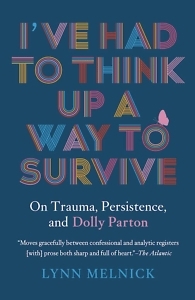 A very different chapter is the one titled “Jolene.” The song is one of Dolly’s greatest hits, though Melnick shares that her husband, Timothy, can’t stand it. Melnick calls it a song of “desperation, pleading, and obsessiveness,” and she uses the chapter to explore the meanings of jealousy, sexual and otherwise. No, she says, she was not jealous that Timothy’s closest friend, Lucie, was beautiful; rather, she felt sadness for his loss when Lucie died of cancer. Citing recent Nobel Prize winner Annie Ernaux, Melnick contends that being threatened by other women assumes women can never be true to one another or themselves. “The speaker of ‘Jolene’ is putting her whole life in another woman’s hands, a woman we don’t even know has any interest in the speaker’s man, but I guess appealing to the man is not an option here.” On second thought, she notes that “Jolene” could be read as a conversation between two women, itself a “fiercely feminist” move.
A very different chapter is the one titled “Jolene.” The song is one of Dolly’s greatest hits, though Melnick shares that her husband, Timothy, can’t stand it. Melnick calls it a song of “desperation, pleading, and obsessiveness,” and she uses the chapter to explore the meanings of jealousy, sexual and otherwise. No, she says, she was not jealous that Timothy’s closest friend, Lucie, was beautiful; rather, she felt sadness for his loss when Lucie died of cancer. Citing recent Nobel Prize winner Annie Ernaux, Melnick contends that being threatened by other women assumes women can never be true to one another or themselves. “The speaker of ‘Jolene’ is putting her whole life in another woman’s hands, a woman we don’t even know has any interest in the speaker’s man, but I guess appealing to the man is not an option here.” On second thought, she notes that “Jolene” could be read as a conversation between two women, itself a “fiercely feminist” move.
Despite Melnick’s love of Dolly, the book is not hagiographic. She is annoyed that Dolly hesitated to publicly embrace feminism until her 70s, instead calling herself “feminine,” enunciating the last syllable. She thinks Dolly has always been feminist, arguing that much of her music and public persona can be read as a critique of rape culture and sexual violence. Maybe, Melnick concedes, avoiding the feminist label is what Dolly had to do to survive. Either way, her gratitude is clear. “Resilience. Longevity. Outlast those who would doubt you. In my darkest moments, that’s the light she shone on me.”

Jane Marcellus is a writer whose published work includes literary nonfiction, critical analysis, and journalism. Her work was listed as “Notable” in Best American Essays 2018, 2019, and 2020. She is a former professor at Middle Tennessee State University.
